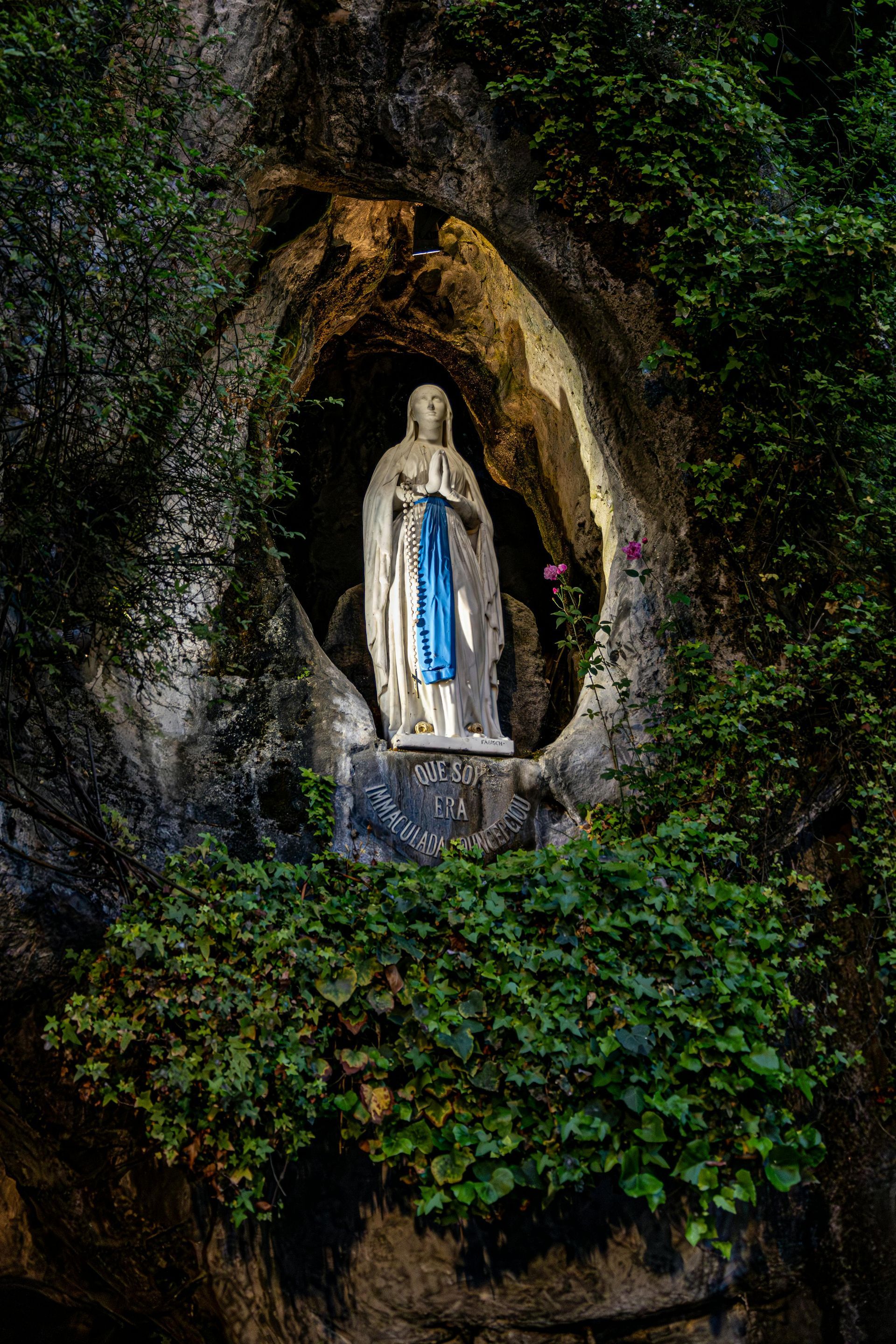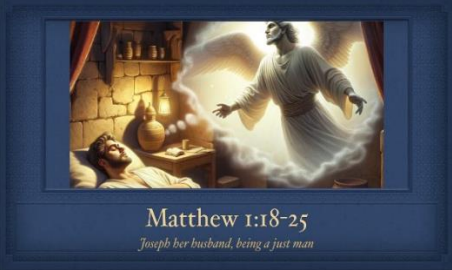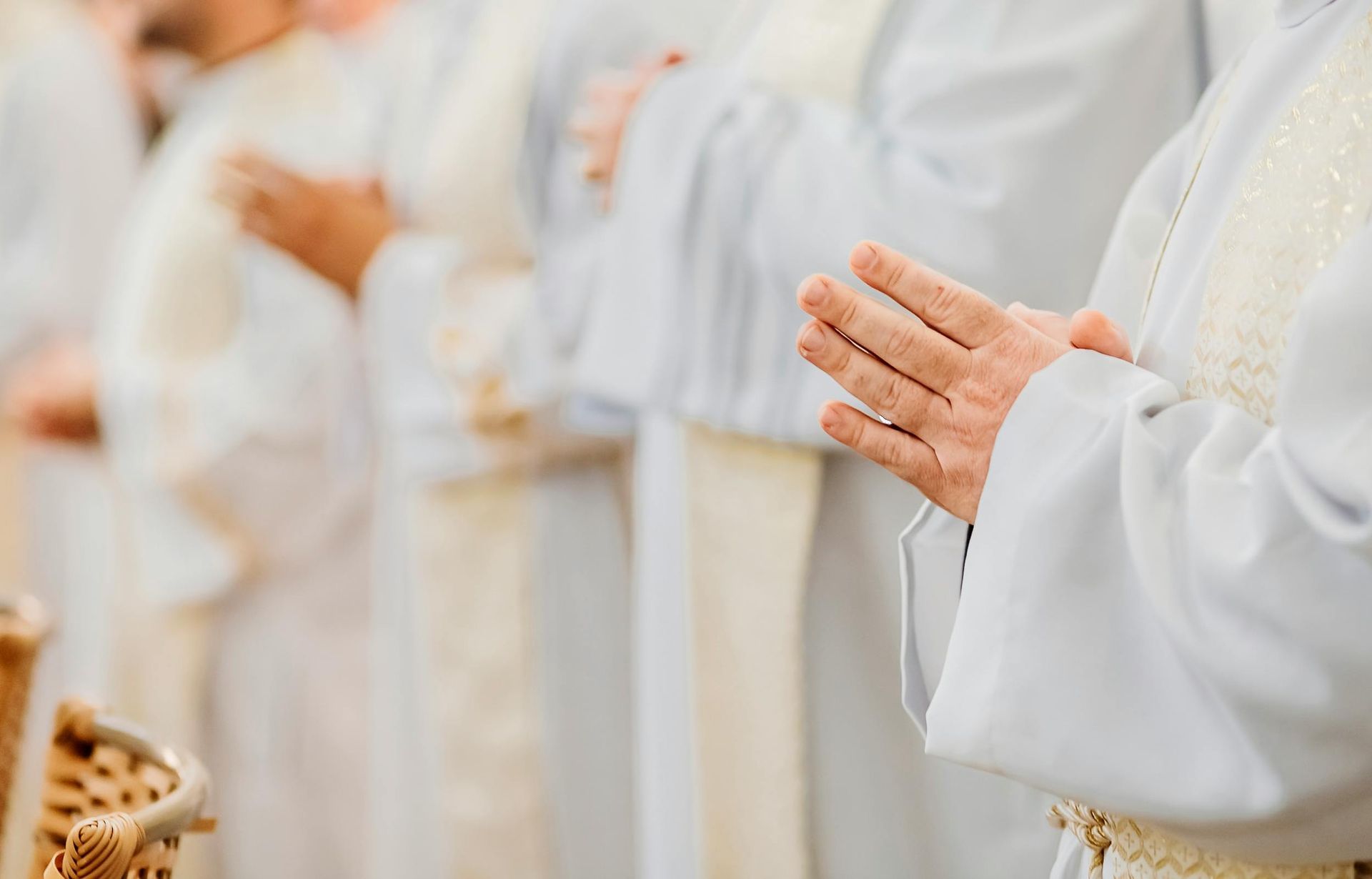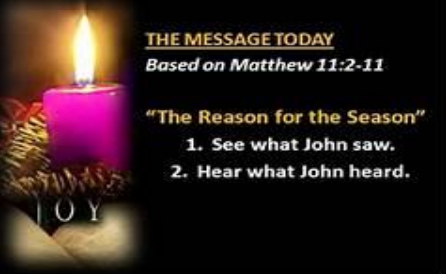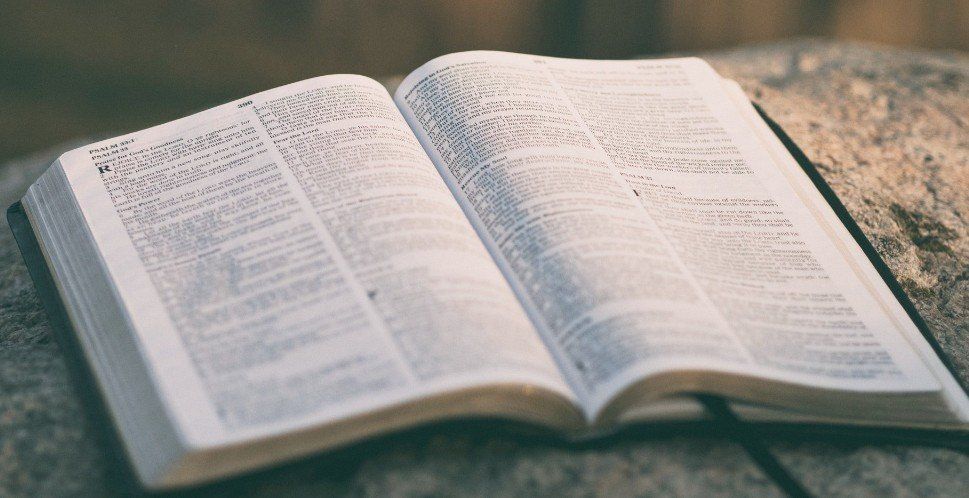Genesis First Book of Our Faith
Have you ever had a perfect day when everything went right? Known the pain of losing something—or someone—precious? Struggled to believe in yourself or in God when no one else seemed to? Suffered betrayal or known the joy of making up after an argument?
If any of these experiences sound familiar, then the Book of Genesis relates to your life. It’s all happened there, too. The word genesis means “beginning.” Genesis is about the beginning of a new relationship between God and human beings.
Myths, Legends
Think of Genesis as a play with two acts: the prehistory (Genesis 1—11), a collection of imaginative stories about the origins of the world, and the legends of our Hebrew ancestors (Genesis 12—50). The stories in Genesis were created separately, over a period of at least a thousand years, and passed by word of mouth from generation to generation—a process known as oral tradition. The Book of Genesis as we read it took shape after 500 B.C.
The stories of the prehistory, such as the creation of Adam and Eve, are all good examples of myths. A myth is an imaginative story using symbols and colourful images to help us understand a truth either too complicated or too difficult to express in words. What truth, you may ask, requires such a fascinating explanation?
Well, imagine this scenario. You’ve got a new science teacher and wonder what to expect. You ask two friends. One says, “Well, Mrs. Jones is short. She has black hair and brown eyes. She’s married, has three kids and lives near school. She has taught for a long time.” Your other friend says, “I didn’t understand science before Mrs. Jones taught me. Now I like it. She makes science interesting.” Which description is more true , based on facts? The first one, right? But the second answer is what you really want to know. That’s the kind of answer a myth offers.
A legend—such as those that fill the second part of Genesis—is based on factual details. You’ve probably heard this legend about George Washington. When Washington was little, the story goes, he chopped down a cherry tree without permission. His angry father asked him about it. The son is supposed to have said, “I cannot tell a lie. I chopped down the tree.” Did this story really happen? There’s no record of it. We honour Washington as a man of integrity, however, and a big part of integrity is honesty. So whether or not the story is factually true, it expresses a vital part of how we remember him. Honesty is a value that Americans believe forms part of our national character.
In the same way, the legends surrounding the adventures of real people like Abraham and Sarah in the Book of Genesis emphasize qualities the Hebrew people saw as essential for living in right relationship with God.
Prehistoric Times
Let’s begin our study of the prehistory with the creation stories in Chapters 1—2. The first (Genesis 1) has only one main character: God.
Creation takes place over the course of six days. Only after God has seen to it that everything is harmonious and beautiful are human beings created “in [God’s] own image” on the afternoon of day six. That simple verse contains the basis for everything else the Bible is going to reveal about what it means to be human.
Think of the person whom you like least. In God’s eyes both of you are created as unique but equal treasures. What might the world be like if we all saw one another that way?
Evil: Big Problem
Why does Genesis contain two creation stories, neither of which is supported by the scientific evidence we have about the age of the earth and the way life developed?
Both myths make clear the fundamental truth behind this science: All creation, especially human beings, was created lovingly by a God who continues to nurture it. The second creation story complements—that is, completes—the first story in another important way. It poses a fundamental question: If creation is good, where did evil come from? The next nine chapters of Genesis (Genesis 3-11) invite us to struggle with this question.
As Adam and Eve are enjoying the Garden of Eden, they meet the serpent. You probably think of it as a symbol for the devil. But the story tells us that the serpent is the cleverest of all God’s creatures and that everything God creates is good. So think of the serpent as a symbol for temptation. Eve responds to the serpent’s questions by repeating the instructions God had given to Adam. “We may eat of the fruit of the trees in the garden,” Eve says, “except for the Tree of the Knowledge of Good and Evil.” The serpent suggests that God is just selfish: “God knows that when you eat of that tree you will become like gods yourselves.” (See Genesis 3:1-4.)
Now Adam and Eve start thinking. (Notice Adam has been right there all along!) Prompted by the serpent’s words, the two decide to try it. As a result, Adam and Eve are sent out of the garden and prevented from living eternally, symbolized by the now inaccessible Tree of Life.
What happened? Clearly, Adam and Eve wilfully and knowingly disobeyed God. That’s a basic definition of sin. But who’s responsible? The serpent, for urging them on? Eve, for being the first to take the fruit? Adam, the “older” of the two, who should have known better? God, for leaving them open to this temptation?
If you feel a little perplexed, then the story has done its job. Temptations are usually subtle, the reasons we give in to them are complicated, and the consequences are unexpected. Yet one fact remains: Adam and Eve knew what they were doing and knew it was wrong.
Darkness to Light
Every action has consequences. Like a car spinning out of control after hitting an ice patch, the stories of Genesis show us what happens when evil enters the world. In the story of Cain and Abel (Genesis 4), we see the first act of violence in the Bible as Cain kills his brother. Nature’s fury is unleashed in the story of Noah’s ark (Genesis 6-9) with 40 days and nights of rain. Then there’s the story of the Tower of Babel (Genesis 11). In this tale, human beings try to build a tower to “show up” God, but God stops them by scrambling all the earth’s languages. At Babel, it seems that God and humanity are no longer on speaking terms. Violence, alienation, destruction and death color the universe now, all set in motion by a seemingly harmless choice by Adam and Eve.
One bright light of hope shines in all this darkness. As Noah and his family stand on top of the mountain, with the floodwaters receding around them, God makes a promise that such a great flood will never cover the earth again. As proof, he paints a rainbow in the sky (Genesis 9:12-16).
This symbol becomes a sign not just of God’s promise to Noah, but of his continuing love and protection of all of us. The Hebrew people used the special name of covenant to describe God’s promise to love and care for us. This word reminds us that every day is sacred and holy because we live it in God’s presence.
Linked Lives
The rest of the Book of Genesis explores the meanings of this word covenant. In Chapters 12—50, we meet Abram and Sarai, an aging couple who move with family and friends from Mesopotamia (modern-day Iraq) into the land of Canaan (modern-day Israel).
God promises the childless couple they will have a son whose descendants will form a great nation. God says the land on which Abram and Sarai are living will belong to these people for all time. All he asks is their friendship and trust. The next time you’re tempted to write somebody off, think about what’s happening here.
At the time that the legends of Abram and Sarai came together, the general belief was in many gods and goddesses who were unconcerned about the fate of human beings. Friendship and trust were definitely not a part of the relationship. Yet Abram and Sarai didn’t buy into the stereotypes of their day. And that was the opportunity for which God was waiting—the chance to bring all humans back into one family.
First Family Feuds
Building a friendship takes work, and we will make mistakes along the way. As the covenant friendship evolves, the legends in the remaining chapters of Genesis report both highs and lows. At first, Abraham and Sarah attempt to make God’s promise about a son happen according to the customs of their time, and that nearly leads to disaster (Genesis 16). When Isaac (the son they were promised) is born, Abraham almost makes Isaac a human sacrifice. But God intervenes at the last minute (Genesis 22).
Actually, the story states that God gives Abraham the idea to sacrifice Isaac. Remember, though, that Abraham is part of a culture that practiced human sacrifice. Also keep in mind that God instructs Abraham to sacrifice an animal instead of Isaac. It’s a common practice in the Old Testament to present pagan rituals and then show God replacing them with elements of Hebrew worship. So there are hints that Abraham misinterpreted God’s call for a sacrifice. Isaac and his wife Rebekah have twin boys, Esau and Jacob. Esau is born a few minutes before Jacob, crucial luck in a society where the firstborn son inherited all the father’s wealth.
With the help of his mother, Jacob impersonates his brother and sits at his dying father’s side as Isaac is about to pronounce the blessing that will officially mark the beginning of Esau’s inheritance. By the time Esau realizes his father has been tricked, it’s too late! Jacob has already fled Canaan to escape Esau’s wrath.
Early Mercy
Every Christian knows that forgiveness is the heart of Jesus’ teaching, but many Christians think Jesus invented it. The experience of God’s mercy and our responsibility to imitate it are firmly rooted in the Book of Genesis. Why would God pick a liar and a cheat such as Jacob as the one to continue the covenant? Probably for the same reason God chooses Joseph, one of Jacob’s 12 sons. Joseph was Jacob’s favorite, and when we first meet him he is bragging to his 11 brothers about a dream in which they bow down to him (Genesis 37).
But both young men pay their dues. Jacob spends about 20 years in exile (forbidden to enter his own country). When he returns to the promised land, his homeland of Canaan, he must confront Esau and ask his forgiveness. Joseph, a victim of his brothers’ jealousy and hostility, is sold into slavery in Egypt. His fortunes turn around when his ability to interpret dreams comes to the attention of the ruler of Egypt. Joseph becomes the Pharaoh’s second in command and helps the Egyptians survive seven years of famine (Genesis 41).
But just as Jacob and his brother must one day meet again, so do Joseph and his brothers. Just as Jacob is now a foreigner at the mercy of Esau, so Joseph’s starving brothers now have to travel to a foreign land, at the mercy of Joseph. Things don’t look good; the last time two brothers came face-to-face in conflict (Cain and Abel) the result was bloodshed.
Not this time. Abraham, Sarah and their descendants have chosen to let God into their lives in direct contrast to Adam and Eve who chose to exclude God. This decision is made with much hesitation and quite imperfectly, but it is made faithfully. God’s powers of love and forgiveness have entered into creation. In two of the most beautiful scenes in Genesis, Esau responds to Jacob’s plea for forgiveness with a hug (Genesis 33) and Joseph breaks down and cries as he hugs his brothers (Genesis 45).
Win or Lose
Is all this fair? Do these people really deserve to be a part of the covenant? As far as this book—and God, it would seem—are concerned, these questions are irrelevant. The editors who pulled together the stories in Genesis leave us with this message: Forgive your brother and sister or lose your friendship with God.
We find ourselves at the end of Genesis in a better place than where we started in the Garden of Eden. Then, God did all the work. Now, he holds out the promise for a new and eternal Paradise that God and human beings forge together. It’s a friendship made permanent in the life, death and resurrection of Jesus. It’s a friendship which each of us, like the women and men of Genesis, have only begun to experience in all its glory.
James Philipps has been a teacher of religious education and theology on the high school, undergraduate and graduate levels for 10 years.
